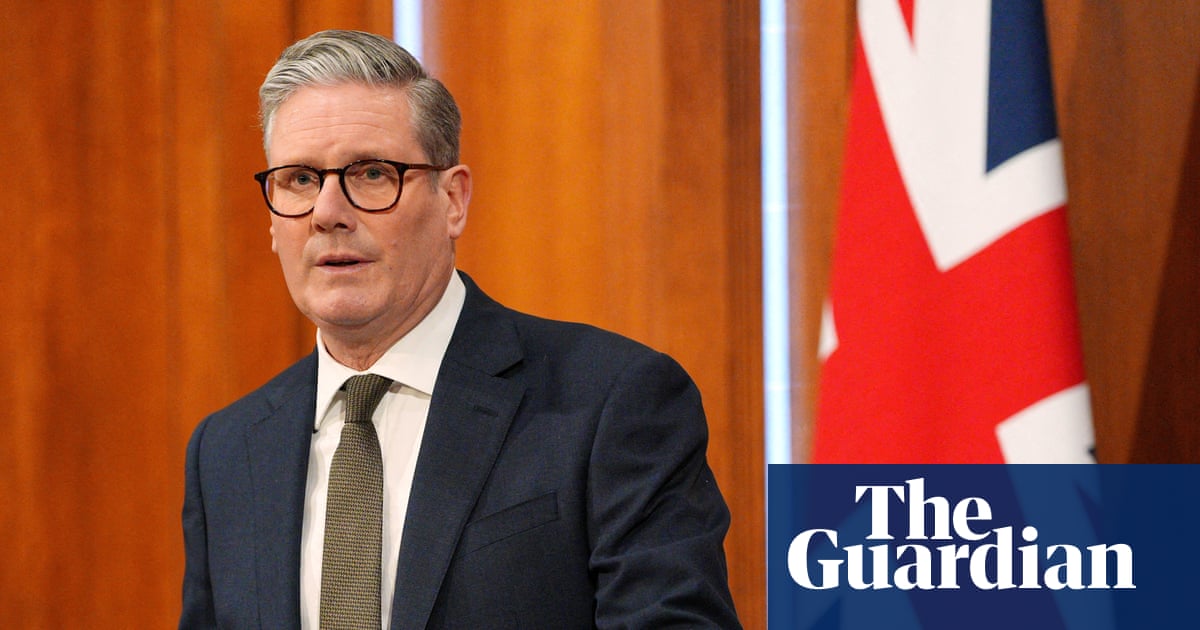Keir Starmer will seek to strengthen the UK’s defence ties with New Zealand when he hosts the country’s prime minister on Tuesday.
When he meetsChristopher Luxon, Starmer will discuss extending a training programme for Ukrainian troops run by the two countries and agree a new £30m weapons deal.
The meeting comes before a London gathering of British, French, German, Ukrainian and US officials on Wednesday. The US secretary of state, Marco Rubio, is also expected to attend.
French officials said the five countries held an “excellent” day of talks in Paris last week, with Ukraine’s president, Volodymyr Zelenskyy, urging those present to put pressure on Moscow to end the fighting.
Britain and France, backed by a “coalition of the willing”, have already proposed providing a “reassurance” force for Ukraine in the event of a ceasefire, but the US has so far held off its support.
After last Thursday’s meeting, Zelenskyy expressed frustration that the US envoy had “taken on the strategy of the Russian side”.
Luxon and Starmer are expected to visit a military base on Wednesday to see British andNew Zealandpersonnel train Ukrainian troops as part of the UK’s Operation Interflex.
More than 54,000 Ukrainians have already received training, and Luxon is expected to confirm on Tuesday that New Zealand will extend its support for the programme until the end of the year.
In a further show of support for Ukraine, Starmer is expected to announce a deal worth £30m for drones produced by Syos Aerospace, a New Zealand company with a factory in Hampshire.
Drones have become increasingly important over the course of the war in Ukraine, and now account for more battlefield casualties than artillery.
The pair will also instruct their defence ministers to begin work on a new defence partnership between the UK and New Zealand, replacing the one signed in 2015.
The UK and New Zealand have longstanding defence links. Both nations belong to the Five Eyes intelligence-sharing network, and the New Zealand navy is providing a frigate, HMNZS Te Kaha, for the UK carrier strike group scheduled to set sail for the Indian Ocean from Portsmouth on Tuesday.
Starmer will say: “From the beaches of Gallipoli to the vital work we have been doing together on Operation Interflex and our support for Ukraine, the UK and New Zealand have stood shoulder to shoulder for generations in pursuit of peace and stability.
“As the world becomes an increasingly dangerous place, I am proud how much we are doing together to support our national and economic security – stepping up our defence spending, deploying our navies together in the Indo-Pacific, and continuing our work to put Ukraine in the strongest possible position to deter an increasingly aggressive Russia.”
